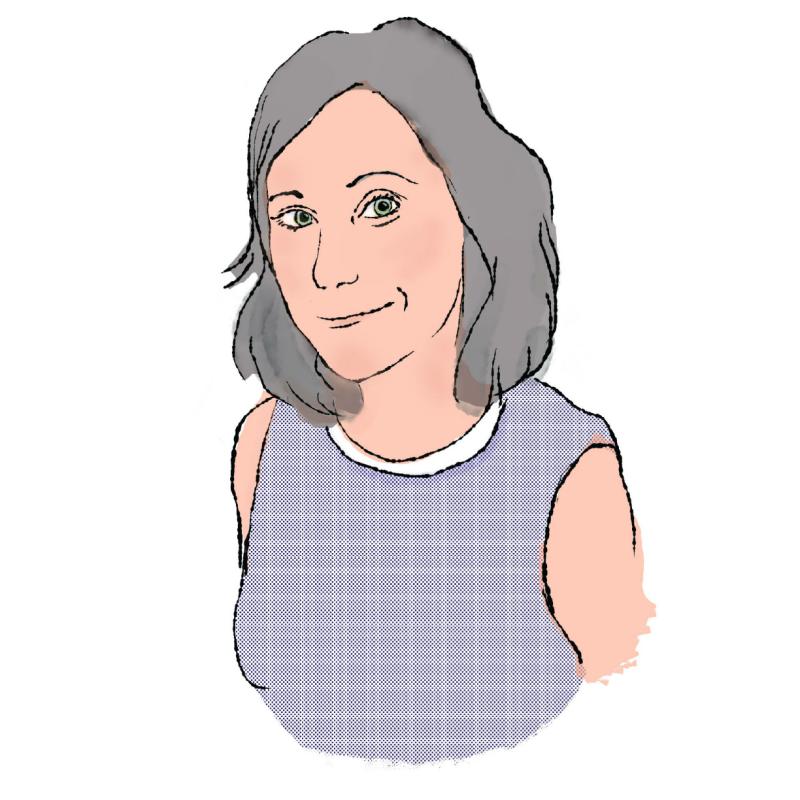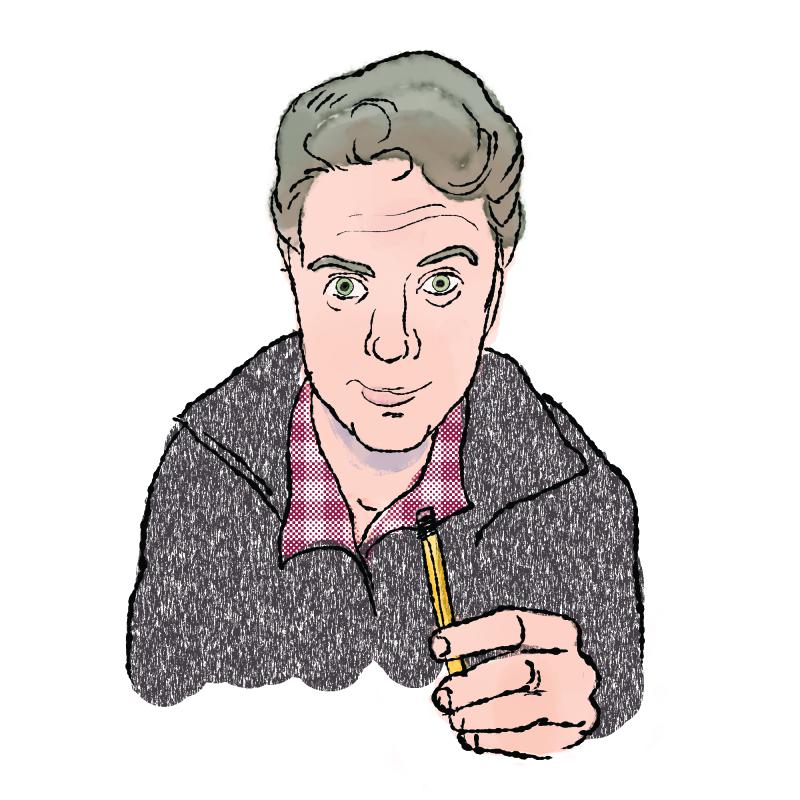The voter turnout rate in the Valley this past election was dismal — just as it was across the nation.
There’s been a lot of hand wringing over the apathetic American voter over the years, but laying this problem at the feet of an allegedly uncaring public is a calculated and callous shirking of the government’s responsibility to its citizens. If Americans aren’t going to the polls, then the way the nation conducts elections must change into a process easier for people to use.
The U.S. has one of the worst voter participation records among developed countries. In a ranking by the Pew Research Center, America had the 31st worst participation rate out of 35 modern nations. On average, about 54 percent of the U.S. voting public hits the polls, the report states, while top ranked countries including Belgium, Turkey, Australia, and South Korea have voter turnout rates of 80-87 percent of registered voters.
Meanwhile, on Nov. 3 in Springfield only 16.5 percent of eligible voters cast ballots. In Northampton 25 percent of registered voters made it to the polls. In Westfield 34 percent cast ballots, in West Springfield it was 37 percent, and Holyoke had 42 percent voter turnout.
It doesn’t matter if people’s top reason to skip the polls is that there aren’t enough purple flowers in the venues’ entryways. It should be the goal of the U.S. to increase voter participation. Whatever people need to get them to the polls, the government should be bending over backwards to provide.
Yet, the nation is going in the opposite direction. Since 2013 — when the Supreme Court dismantled the Voting Rights Act of 1965 — conservatively-led states have been passing restrictive voting laws that disproportionately impact the most vulnerable populations in the U.S.: people of color, the elderly, students, and low-income families.
Attempts by politicians to stymie voters include some states working to limit early voting, redistricting voter precincts to dilute the impact of ballots cast by people of color and Democrats, and — the most damaging — passing voter ID laws.
Pro-voter ID advocates say requiring voters to show ID when at the polls will eliminate voter fraud. That might be true, if voter fraud existed. In the past 15 years 0.00002 percent of the votes cast in a national election were fraudulent. Meanwhile untold numbers of people who do not own the proper ID — in-state driver’s licenses, original birth certificates, etc. — are being turned away from the polls.
Still need more proof that restrictive voting laws have more to do with keeping rich, white conservative men in power than protecting democracy? Here’s some quotes from Republican leaders who feel comfortable stating their disdain for, well, everyone else:
“I guess I really actually feel we shouldn’t contort the voting process to accommodate the urban — read African-American — voter-turnout machine.” — Franklin Party (Columbus) Ohio GOP chairman Doug Preisse, 2012, on limiting early voting hours — and yes he said “read African-American”
“If it hurts a bunch of lazy blacks that want the government to give them everything, so be it. … The law is going to kick the Democrats in the butt.” — Former North Carolina GOP Precinct Chair Don Yelton, 2013, on voter ID laws
“It’s done for one reason and one reason only … We’ve got to cut down on early voting because early voting is not good for us.” — Former Florida GOP chairman Jim Greer, 2013
To increase voter participation, it’s important to first know why people are skipping the polls. Not a lot of study has been conducted on this topic, but according to a national 2014 survey by the Census Bureau, the top reason people don’t vote is because they are too busy or because polling conflicts with their schedules — nearly 30 percent of respondents made this claim. The next most common reasons to forgo voting are: not interested (16 percent), illness or disability (11 percent), out of town (10 percent), forgot to vote (8 percent), did not like the candidates or issues (7.5 percent). Issues with registration and inconvenient polling places were also given as reasons not to vote, but not often.
With the top barrier for people accessing the polls being that they are too busy or otherwise unable to cast a ballot, access is the first issue that should be addressed. There are many ways to do this: Stop having elections on Tuesdays when most people are at work and instead schedule them for the weekend, increase the availability of absentee ballots, make early voting a more practical way to participate in elections.
Other ways to improve voter turnout include modernizing the registration system in the U.S. to an opt-out model instead of the opt-in process we have now and organizing instant runoff voting for single seat offices like mayor and governor. Run-off voting gives third parties and people disillusioned with the usual Democrat-Republican schlock a more important voice in elections.
A healthy democracy is not possible without an engaged public. When people don’t vote and elections are decided by cash it’s called an oligarchy, which is what we’ve got going on right now in the U.S.
America loves democracy. America loves freedom. Our government owes it to Americans to maintain its standing as a democracy and better engage voters.•
Contact Kristin Palpini at editor@valleyadvcoate.com.





